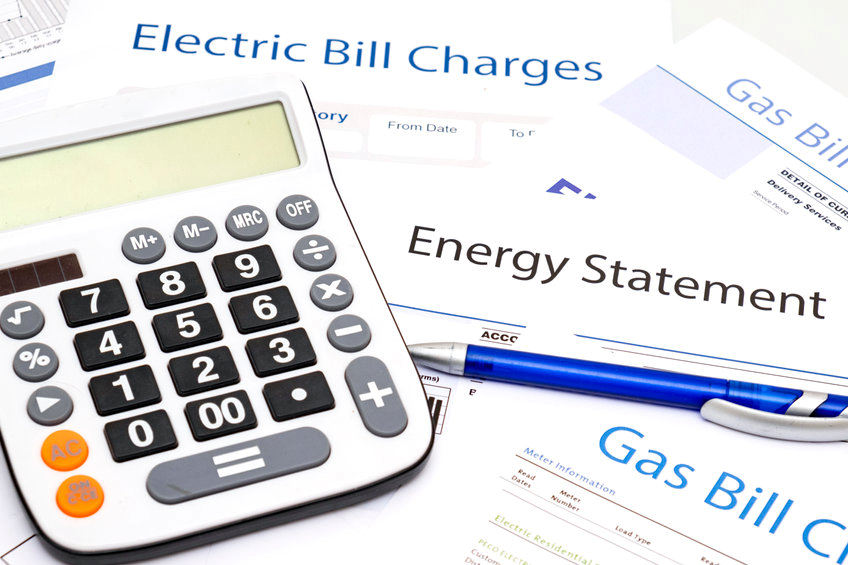I’m sure you will have seen, heard or felt the increasing costs of some of your basic utilities over the last few months.
With the well-documented coverage on the increasing costs of energy prices, weekly food shops and interest rates (known as the cost of living crisis) many families will be feeling the pinch.
Unfortunately, whilst some temporary relief measures have been announced by the Government this situation isn’t going to get any better, as it’s estimated that families could end up paying around £700 more for gas and electricity with the increases in April. And the Bank of England warning further increases likely to happen in the latter half of the year.
If you’re employed then you’re likely to have noticed that, while these costs have increased, your wage hasn’t. For families and households across the country this represents a real challenge. Affording items we class as essential (heating, food, electricity) as well as the products and lifestyle we’re used to (running a car, purchasing food brands, meals out) has put an increased strain on our finances, with many people falling into arrears or using credit to pay for everyday items.
If you’re worried about these costs, and the personal impact it will have on your family, then the most important thing is to acknowledge these increases, and make a plan.
Listed below are four things you can do to help you tackle your money worries, remember it is always better to face these than ignore them.
What you can do.
- Review your expenses. It sounds basic but given that many of these costs are essential, now is the time to review your income and expenditure, thinking about where you can cut back and what’s essential.
- Listen to trusted sources. Although it’s very tempting to start switching accounts and suppliers, the official advice on energy suppliers is ‘don’t be tempted to move, ‘do nothing is the answer’ on MoneySavingExpert.com. When there’s a lot of talk, it’s important to listen to trusted advisors and not speculation or headlines from organisations who don’t have your best interests at heart.
- Talk to your suppliers. If you think you’re going to struggle to pay some of these bills, talk to your current suppliers about what they can do to help. In terms of energy companies, friendly and emergency credit can be arranged. For other things like mortgage payments your mortgage or loan provider may be able to offer some temporary relief while you put a longer-term plan in to action.
- Take action. If you’ve done your sums and you’re still worried about how you’ll manage your bills with the recent increases then the single, most important thing you can do is to take action. Speak to someone who’s qualified and experienced in debt advice who can help you. This doesn’t mean going down a route which might not be right for you. Engage with a debt advice company who can offer one-to-one advice, and talk you through all of your options.
If you’re worried about debt, talk to someone who can help. There’s no debt problem which can’t be solved or improved with the right advice and support.




